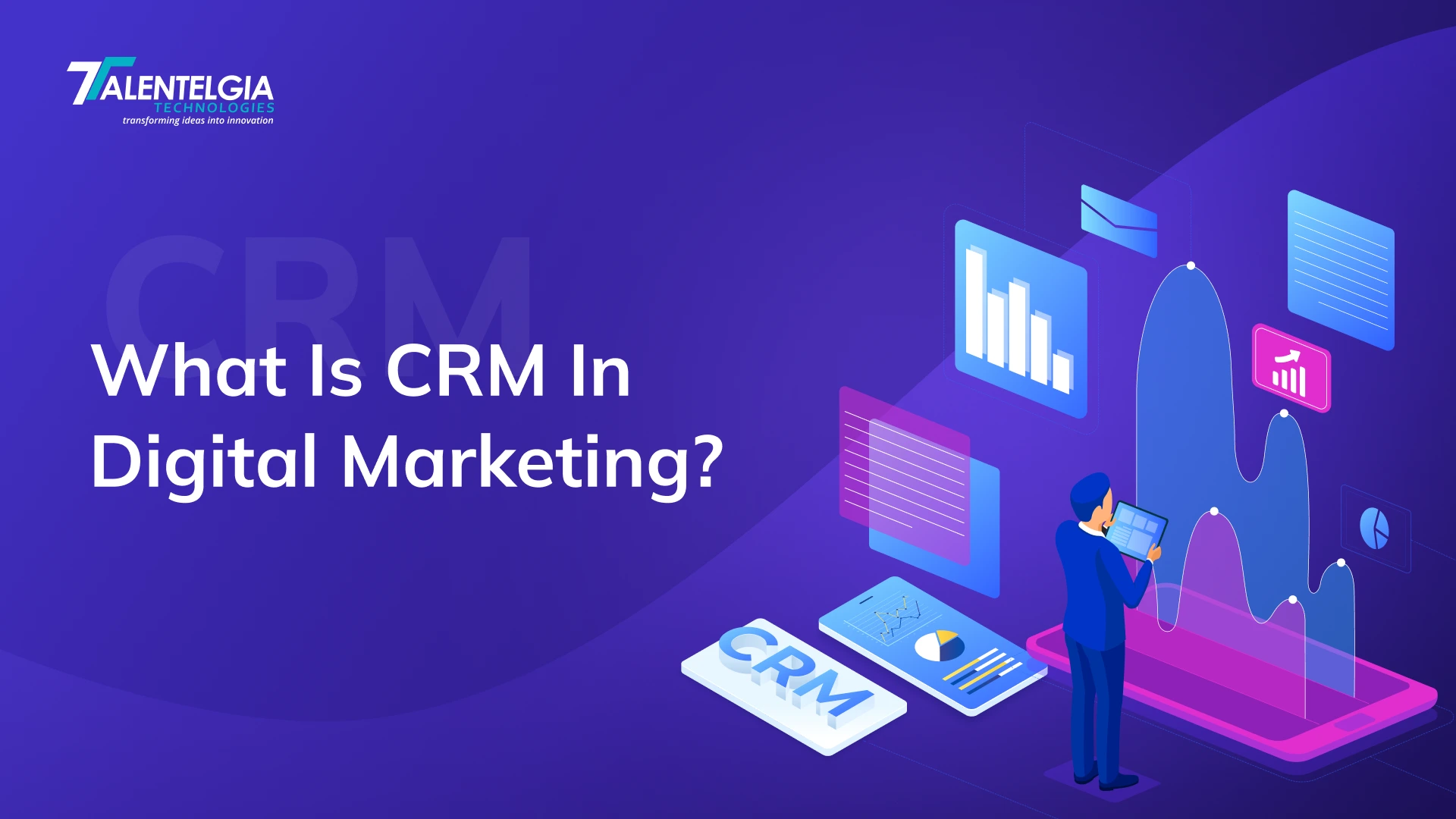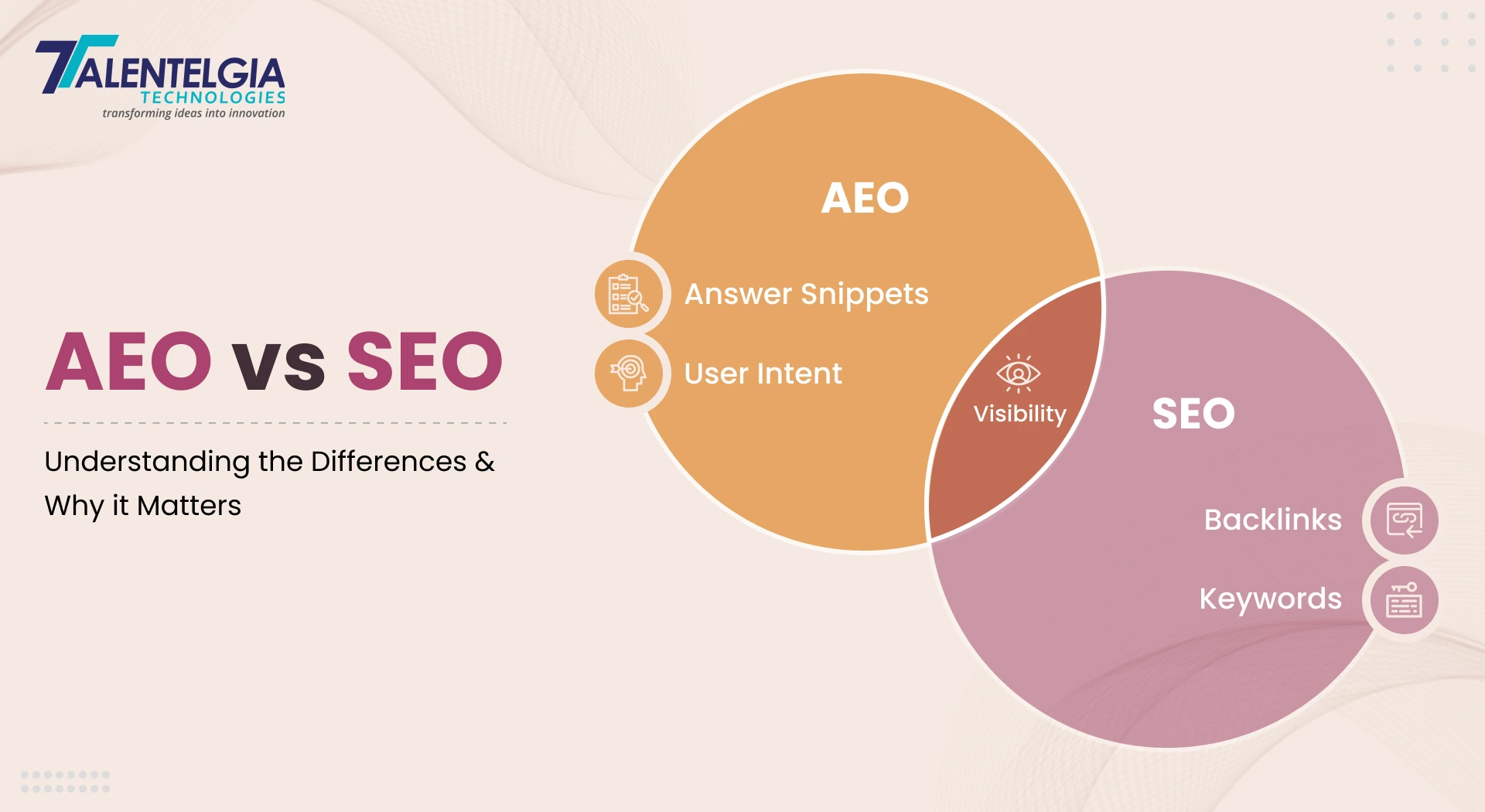The customer is KING in today’s world of business, which means businesses must prioritize building strong customer relationships to survive and thrive.
CRM systems are designed to help businesses manage customer interactions, streamline sales processes, and track customer information.
Today, we will explore various CRM components, including marketing automation, sales forecasting, and analytics, and evaluate user interfaces and integrations with other tools to ensure businesses select the best CRM platform. Additionally, we will assess the security and data privacy features of each CRM system to ensure businesses can keep their customer data safe and secure.
We will also provide some tips on how to select the best CRM system for your business goals.
Comparing the Functionality of Popular CRM Platforms
What are the core capabilities that each platform offers? How well do they match your business requirements? Here are some of the common functionalities that most CRM platforms provide:
- Contact management: This is the basic function of any CRM system. You can segment your contacts based on various criteria, such as demographics, preferences, behavior, etc.
- Sales management: This function helps you manage your sales pipeline, track your leads and opportunities, monitor your sales performance, forecast your revenue, and automate your sales tasks. You can also create quotes, proposals, invoices, and contracts within your CRM system.
- Marketing management: This function helps you plan and execute your marketing campaigns, manage your leads and prospects, measure your marketing ROI, and optimize your marketing strategies. You can also create landing pages, forms, emails, newsletters, and other marketing materials within your CRM system.
- Customer service management: This function helps you provide better customer support, resolve customer issues faster, improve customer satisfaction and loyalty, and reduce customer churn. You can also create tickets, cases, knowledge bases, FAQs, chatbots, and other customer service tools within your CRM system.
Comparing Features of Popular CRM Platforms
Another thing to consider when comparing CRM platforms is their features. What are the specific tools and functionalities that each platform offers? How do they differ from each other? How do they enhance your CRM experience? Here are some common features of CRM platforms:
- Customization: You can customize your dashboard, reports, fields, forms, workflows, etc. to suit your business processes and goals.
- Automation: This feature allows you to automate your repetitive and manual tasks, such as sending emails, updating records, assigning tasks, etc. to save time and increase efficiency.
- Analytics: You can create and view various reports, charts, graphs, etc. to measure your key metrics and KPIs.
Examining User Interface & Integrations With CRMs
Another thing to consider when comparing CRM platforms is their user interface and integrations. How easy and intuitive is it to use each platform? How well does each platform integrate with other tools and platforms that you use for your business?
User interface refers to the design and layout of the CRM system, as well as the navigation and functionality. It should also provide clear and helpful feedback, guidance, and support to the users.
A good integration should be seamless, secure, reliable, and flexible. It should also provide data synchronization and workflow automation across different tools and platforms.
Some of the popular CRM platforms that offer a good user interface and integrations are:
- HubSpot: HubSpot is a CRM software that offers a free CRM solution at the core of its business management suite. HubSpot has a simple and intuitive user interface that allows you to manage your contacts, deals, tasks, emails, etc. in one place. HubSpot also integrates with over 500 apps and platforms, such as Gmail, Outlook, Slack, Shopify, WordPress, etc.
- Zoho CRM: Zoho CRM is a classic full-stack CRM that helps businesses of all sizes work and scale. Zoho CRM has a customizable and interactive user interface that allows you to create dashboards, reports, charts, etc. based on your preferences. Zoho CRM also integrates with over 300 apps and platforms, such as Zoho Suite, Google Workspace, Mailchimp, Zapier, etc.
- Pipedrive: Pipedrive is a sales-focused CRM that uses AI to automate repetitive tasks and manage leads and sales. Pipedrive has a visual and engaging user interface that allows you to see your sales pipeline at a glance. Pipedrive also integrates with over 200 apps and platforms, such as Asana, Trello, Dropbox, QuickBooks, etc.
Security & Data Privacy in CRM Systems
Another thing to consider when comparing CRM platforms is their security and data privacy. How secure is each platform from cyberattacks and data breaches? How well does each platform protect your customer data from unauthorized access and misuse?
Good security should include encryption, authentication, authorization, backup, recovery, etc.
Data privacy refers to the policies and practices that the CRM system follows to respect and protect your customer data from unauthorized access and misuse. A good data privacy should include compliance, consent, transparency, control, etc.
Some of the popular CRM platforms that offer good security and data privacy are:
- Salesforce: Salesforce is one of the most famous names on this list and has more than a million users worldwide3. Salesforce has a robust security system that includes encryption at rest and in transit, multi-factor authentication, role-based access control, audit trails, etc. Salesforce also has a comprehensive data privacy policy that includes compliance with GDPR and CCPA, consent management, data subject rights, etc.
- Microsoft Dynamics 365: Microsoft Dynamics 365 is a good CRM system for business intelligence. Microsoft Dynamics 365 has a strong security system that includes encryption at rest and in transit, multi-factor authentication, role-based access control, threat detection, etc. Microsoft Dynamics 365 also has a clear data privacy policy that includes compliance with GDPR and CCPA, consent management, data subject rights, etc.
- Zendesk: Zendesk is a top CRM software for customer service. Zendesk has a reliable security system that includes encryption at rest and in transit, multi-factor authentication, role-based access control, incident response, etc. Zendesk also has a transparent data privacy policy that includes compliance with GDPR and CCPA, consent management, data subject rights, etc.
Selecting the Right CRM for Your Needs
The final thing to consider when comparing CRM platforms is how to select the right one for your needs. The best CRM system for you depends on various factors, such as:
- Your business size: You need to choose a CRM system that can scale with your business growth and handle your customer volume and complexity.
- Your business goals: Different CRM systems have different focuses and strengths, such as sales, marketing, customer service, etc. You need to choose a CRM system that aligns with your business goals and helps you achieve them.
- Your budget: Different CRM systems have different pricing models and plans, such as monthly, annual, per user, per feature, etc.
- Your preferences: Different CRM systems have different user interfaces and integrations, as well as different security and data privacy policies. You need to choose a CRM system that meets your preferences and expectations.
- Research and compare options: Once you have defined your needs and goals, you need to research and compare different CRM platforms that match your criteria. You can use comparison tools, such as charts, matrices, tables, etc., to compare each platform side by side.
- Request demos and trials: After you have narrowed down your options, you need to request demos and trials from each platform that you are interested in. Demos and trials allow you to test each platform in action and see how it works for your business. You can also ask questions and get feedback from platform representatives or experts.
Conclusion
In conclusion, a CRM system is an essential tool for businesses looking to streamline sales processes and build strong customer relationships.
To select the right CRM, businesses must evaluate and compare key metrics such as functionality, features, user interface, integrations, security, and data privacy. In this blog, we compared popular CRM platforms such as Salesforce, HubSpot, Zoho, Microsoft Dynamics 365, and Pipedrive, providing businesses with an in-depth analysis of each platform’s strengths and weaknesses.
We examined various CRM components, including marketing automation, sales forecasting, and analytics, to help businesses select a CRM that aligns with their specific needs. Additionally, we evaluated user interfaces and integrations with other tools to ensure businesses can maximize the benefits of their CRM platform.
Furthermore, we assessed the security and data privacy features of each CRM solution to ensure businesses can keep their customer data safe and secure.
Selecting the right CRM can be challenging, but by evaluating these key metrics, businesses can choose a platform that will improve their customer relationships and ultimately drive growth and success.


 Healthcare App Development Services
Healthcare App Development Services
 Real Estate Web Development Services
Real Estate Web Development Services
 E-Commerce App Development Services
E-Commerce App Development Services E-Commerce Web Development Services
E-Commerce Web Development Services Blockchain E-commerce Development Company
Blockchain E-commerce Development Company
 Fintech App Development Services
Fintech App Development Services Fintech Web Development
Fintech Web Development Blockchain Fintech Development Company
Blockchain Fintech Development Company
 E-Learning App Development Services
E-Learning App Development Services
 Restaurant App Development Company
Restaurant App Development Company
 Mobile Game Development Company
Mobile Game Development Company
 Travel App Development Company
Travel App Development Company
 Automotive Web Design
Automotive Web Design
 AI Traffic Management System
AI Traffic Management System
 AI Inventory Management Software
AI Inventory Management Software
 AI Software Development
AI Software Development  AI Development Company
AI Development Company  AI App Development Services
AI App Development Services  ChatGPT integration services
ChatGPT integration services  AI Integration Services
AI Integration Services  Generative AI Development Services
Generative AI Development Services  Natural Language Processing Company
Natural Language Processing Company Machine Learning Development
Machine Learning Development  Machine learning consulting services
Machine learning consulting services  Blockchain Development
Blockchain Development  Blockchain Software Development
Blockchain Software Development  Smart Contract Development Company
Smart Contract Development Company  NFT Marketplace Development Services
NFT Marketplace Development Services  Asset Tokenization Company
Asset Tokenization Company DeFi Wallet Development Company
DeFi Wallet Development Company Mobile App Development
Mobile App Development  IOS App Development
IOS App Development  Android App Development
Android App Development  Cross-Platform App Development
Cross-Platform App Development  Augmented Reality (AR) App Development
Augmented Reality (AR) App Development  Virtual Reality (VR) App Development
Virtual Reality (VR) App Development  Web App Development
Web App Development  SaaS App Development
SaaS App Development Flutter
Flutter  React Native
React Native  Swift (IOS)
Swift (IOS)  Kotlin (Android)
Kotlin (Android)  Mean Stack Development
Mean Stack Development  AngularJS Development
AngularJS Development  MongoDB Development
MongoDB Development  Nodejs Development
Nodejs Development  Database Development
Database Development Ruby on Rails Development
Ruby on Rails Development Expressjs Development
Expressjs Development  Full Stack Development
Full Stack Development  Web Development Services
Web Development Services  Laravel Development
Laravel Development  LAMP Development
LAMP Development  Custom PHP Development
Custom PHP Development  .Net Development
.Net Development  User Experience Design Services
User Experience Design Services  User Interface Design Services
User Interface Design Services  Automated Testing
Automated Testing  Manual Testing
Manual Testing  Digital Marketing Services
Digital Marketing Services 
 Ride-Sharing And Taxi Services
Ride-Sharing And Taxi Services Food Delivery Services
Food Delivery Services Grocery Delivery Services
Grocery Delivery Services Transportation And Logistics
Transportation And Logistics Car Wash App
Car Wash App Home Services App
Home Services App ERP Development Services
ERP Development Services CMS Development Services
CMS Development Services LMS Development
LMS Development CRM Development
CRM Development DevOps Development Services
DevOps Development Services AI Business Solutions
AI Business Solutions AI Cloud Solutions
AI Cloud Solutions AI Chatbot Development
AI Chatbot Development API Development
API Development Blockchain Product Development
Blockchain Product Development Cryptocurrency Wallet Development
Cryptocurrency Wallet Development About Talentelgia
About Talentelgia  Our Team
Our Team  Our Culture
Our Culture 
 Healthcare App Development Services
Healthcare App Development Services Real Estate Web Development Services
Real Estate Web Development Services E-Commerce App Development Services
E-Commerce App Development Services E-Commerce Web Development Services
E-Commerce Web Development Services Blockchain E-commerce
Development Company
Blockchain E-commerce
Development Company Fintech App Development Services
Fintech App Development Services Finance Web Development
Finance Web Development Blockchain Fintech
Development Company
Blockchain Fintech
Development Company E-Learning App Development Services
E-Learning App Development Services Restaurant App Development Company
Restaurant App Development Company Mobile Game Development Company
Mobile Game Development Company Travel App Development Company
Travel App Development Company Automotive Web Design
Automotive Web Design AI Traffic Management System
AI Traffic Management System AI Inventory Management Software
AI Inventory Management Software AI Software Development
AI Software Development AI Development Company
AI Development Company ChatGPT integration services
ChatGPT integration services AI Integration Services
AI Integration Services Machine Learning Development
Machine Learning Development Machine learning consulting services
Machine learning consulting services Blockchain Development
Blockchain Development Blockchain Software Development
Blockchain Software Development Smart contract development company
Smart contract development company NFT marketplace development services
NFT marketplace development services IOS App Development
IOS App Development Android App Development
Android App Development Cross-Platform App Development
Cross-Platform App Development Augmented Reality (AR) App
Development
Augmented Reality (AR) App
Development Virtual Reality (VR) App Development
Virtual Reality (VR) App Development Web App Development
Web App Development Flutter
Flutter React
Native
React
Native Swift
(IOS)
Swift
(IOS) Kotlin (Android)
Kotlin (Android) MEAN Stack Development
MEAN Stack Development AngularJS Development
AngularJS Development MongoDB Development
MongoDB Development Nodejs Development
Nodejs Development Database development services
Database development services Ruby on Rails Development services
Ruby on Rails Development services Expressjs Development
Expressjs Development Full Stack Development
Full Stack Development Web Development Services
Web Development Services Laravel Development
Laravel Development LAMP
Development
LAMP
Development Custom PHP Development
Custom PHP Development User Experience Design Services
User Experience Design Services User Interface Design Services
User Interface Design Services Automated Testing
Automated Testing Manual
Testing
Manual
Testing About Talentelgia
About Talentelgia Our Team
Our Team Our Culture
Our Culture

















 Write us on:
Write us on:  Business queries:
Business queries:  HR:
HR: 




